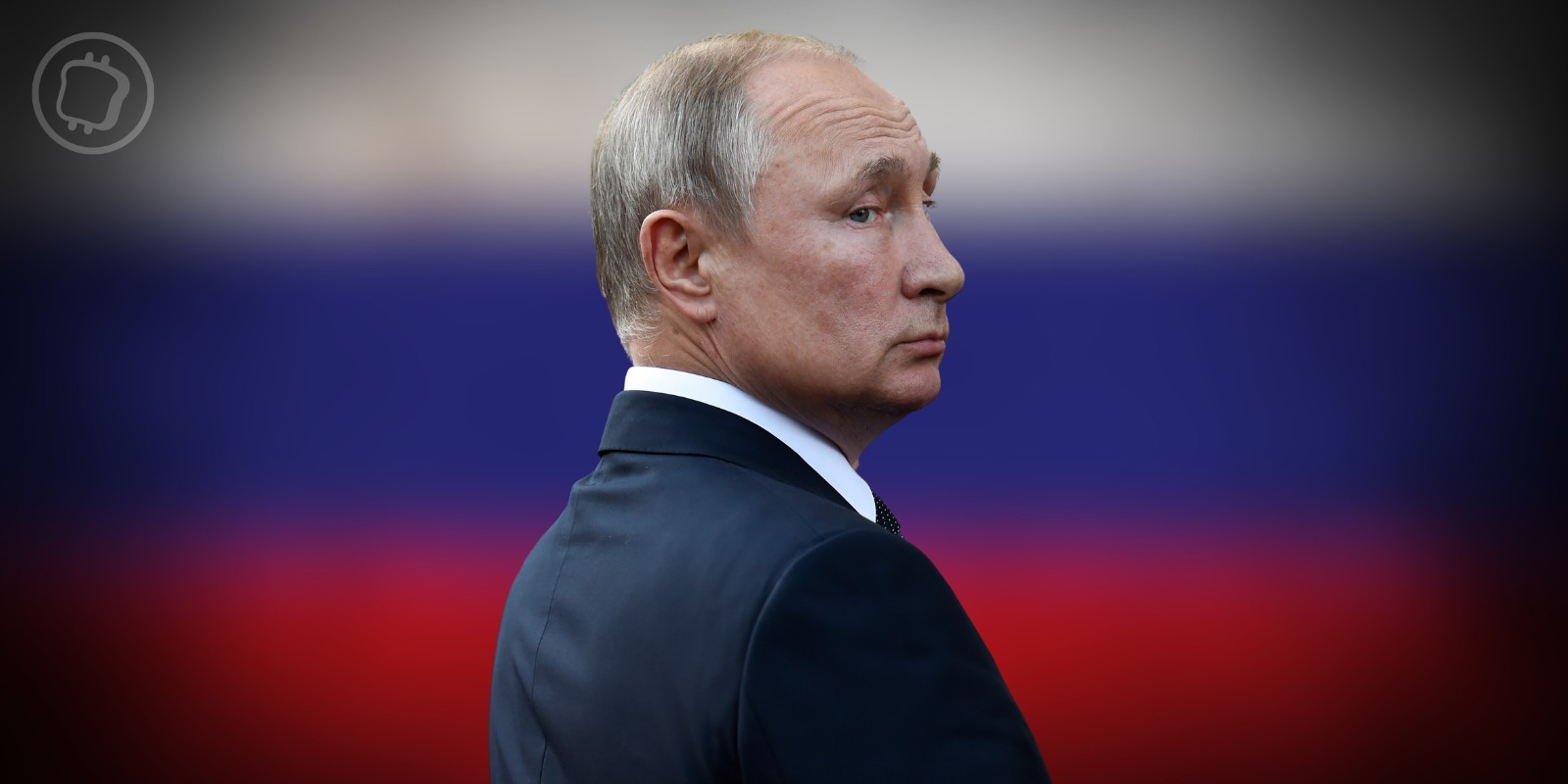International economic sanctions continue to have a marked effect on the Russian economy. Proof of this is made by a new decision by Vladimir Putin, who announced that he wanted to limit the purchases of foreign currencies for Russian individuals and companies. The news comes as Europe confirms that Russia will not rejoin SWIFT anytime soon.
Russians more limited in their purchases of foreign currencies
The instructions were given a few days ago by Vladimir Putin. The President of Russia instructs his government to implement a limit of one billion dollars per month for foreign currency purchases by residents of the country. The limit would come into effect on June 1, and will concern individuals and businesses alike.
The measure specifically targets purchases that would fuel “accounts opened with banks located outside the territory of the Russian Federation for the settlement of transactions carried out on the basis of authorizations of the Government Commission for the Control of Foreign Investments in the Russian Federation, the Bank of Russia and/or the Ministry of Finance of Russia“.
This targeting of foreign accounts is of course aimed to stem the flight of capital from Russia, as the economy is strangled by international sanctions. Vladimir Putin also instructed the Minister of Finance and the Central Bank to list concrete cases where these measures may not apply.
👉 Discover our guide – How to buy Bitcoin (BTC) in 2023?
Buy crypto on eToro
Russia stays out of SWIFT and seeks solutions
These sanctions are not going to ease any time soon, according to a recent report. Asked by the local media Izvestia, the spokesman of the European Union for foreign affairs, Peter Stano, confirmed that there was no question of connecting Russian banks to the SWIFT system.
As a reminder, the Russian banking system had been disconnected from this crucial service at the start of the conflict. According to Peter Stano, banks will not be allowed to reconnect to it before the end of the war between Ukraine and Russia. This is also an issue that goes beyond banks. Russia is indeed demanding its reconnection to SWIFT, against which it will authorize exports of Ukrainian cereals.
Russia has apparently considered several avenues to get rid of this economic muzzle. Last April, the Russian Central Bank finally authorized international transfers in cryptocurrencies for companies. In addition, the creation of an alternative to SWIFT is envisaged, with a system that could be based on the blockchain. This is crucial for the Russian economy, which in particular has seen the price of the ruble fall sharply over the past year.
👉 Listen to this article and all other crypto news on Spotify
Our service dedicated to cryptocurrency investors. Get real-time analytics and optimize your crypto portfolio.

Source: kremlin.ru, official press release ; Izvestia
Newsletter 🍞
Receive a summary of crypto news every Monday by email 👌
What you need to know about affiliate links. This page presents assets, products or services relating to investments. Some links in this article are affiliated. This means that if you buy a product or register on a site from this article, our partner pays us a commission. This allows us to continue to offer you original and useful content. There is no impact on you and you can even get a bonus by using our links.
Investments in cryptocurrencies are risky. Cryptoast is not responsible for the quality of the products or services presented on this page and could not be held responsible, directly or indirectly, for any damage or loss caused following the use of a good or service highlighted in this article. Investments related to crypto-assets are risky by nature, readers should do their own research before taking any action and only invest within the limits of their financial capabilities. This article does not constitute investment advice.
AMF recommendations. There is no guaranteed high return, a product with high return potential involves high risk. This risk-taking must be in line with your project, your investment horizon and your ability to lose part of this savings. Do not invest if you are not ready to lose all or part of your capital.
To go further, read our Financial Situation, Media Transparency and Legal Notices pages.










